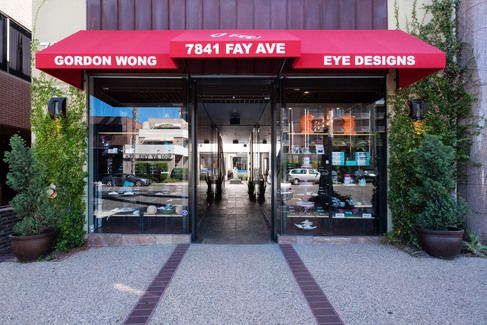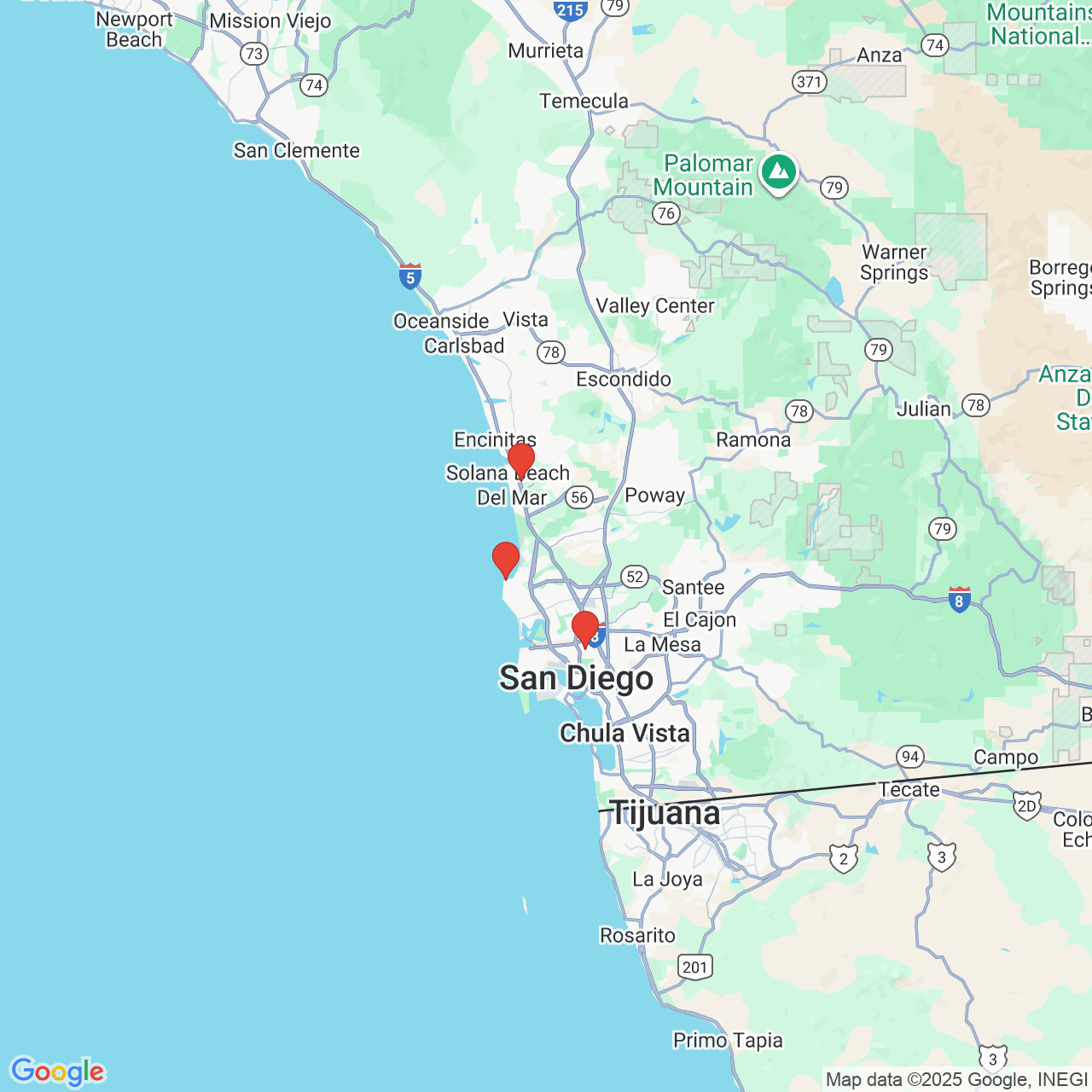Protecting Your Eyes: Why You Should Never Look at the Sun
 Most people were told at a young age not to look directly at the sun. But as individuals grow up, some may wonder if there is really any reason behind this declaration, or if it is just an old wives’ tale. As it turns out, looking at the sun can be harmful to the eyes, and can negatively impact the vision.
Most people were told at a young age not to look directly at the sun. But as individuals grow up, some may wonder if there is really any reason behind this declaration, or if it is just an old wives’ tale. As it turns out, looking at the sun can be harmful to the eyes, and can negatively impact the vision.
Here, optometrists at GW Eye Associates explain why you should never look at the sun. We also offer tips for how our La Jolla, CA, Carmel Valley, CA, and San Diego, CA, patients can protect their eyes while enjoying the bright, sunny days that Southern California has to offer.
Is It Unhealthy to Look at the Sun?
The sun is a star that radiates energy as light, ultraviolet rays, and infrared radiation. Because the sun is so bright, it actually hurts to look directly at it. Most people cannot take more than a quick glance at the sun without blinking or turning away. This is actually good, because it protects the eyes from sun damage.
But what about when the sun is not shining as brightly? On cloudy, hazy days, or during a solar eclipse, the sun is partially covered. During these times, people can often look at the sun without needing to squint or turn away. This may give individuals the impression that it’s safe to look at the sun when the light is not shining so brightly, but that is not the case. The sun can be more dangerous during these times, because the eyes don’t automatically signal that it is time to look away.
Short-term Damage of Looking at the Sun
Prolonged exposure to ultraviolet (UV) rays is known to be dangerous, but there are short-term damages from the sun as well. When someone looks at sunlight, it exposes the retina to ultraviolet rays that can burn the tissues of the eye. The most common type of short-term damage from looking at the sun is a sunburn of the cornea.
A sunburn of the cornea is known as solar keratitis. Solar keratitis usually causes symptoms within 24 hours of sun exposure. Symptoms of solar keratitis include increased light sensitivity and pain. Most people who suffer from solar keratitis make a full recovery, but it can take up to 12 months.
Long-term Damage of Looking at the Sun
The potential long-term damage of looking at the sun is much more serious than the short-term damages. If someone looks at the sun for a prolonged amount of time the UV rays can burn a hole in the retinal tissues, which is known as solar retinopathy. This burn damages the rods and cones and can create a blind spot in the central vision.
While the tissues of the retina are being damaged, people won’t realize it. The retina has no pain receptors, so initially the damage is unnoticeable. However, within several hours or several days of the damage, the eyes will likely begin to hurt, and the vision may become blurry or be affected by dark or yellow spots.
The damage caused by solar retinopathy can heal over time, but many people suffer permanent damage, which includes blurry vision and spots.
Protecting the Eyes from Sun Damage
Avoiding looking directly at the sun is one important way to protect the eyes from damage. But even if someone doesn’t gaze directly at the sun, prolonged exposure increases the risk of cataracts and other growths on the eye. To protect the eyes long-term, individuals should wear sunglasses that provide UV protection whenever outdoors. It is also a good idea to look for areas of shade, and to avoid being outdoors when UV rays are at their strongest, between the hours of 10:00 a.m. and 4:00 p.m.
Contact GW Eye Associates
At GW Eye Associates we offer a comprehensive range of eye care services that preserve the health and function of the eyes. To learn more about what we have to offer, send us a message online, or call our practice at (858) 454-4699.


